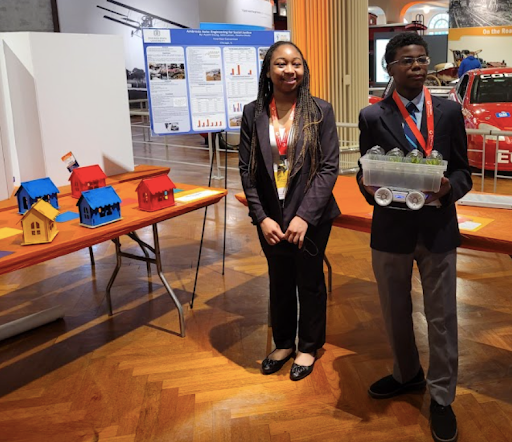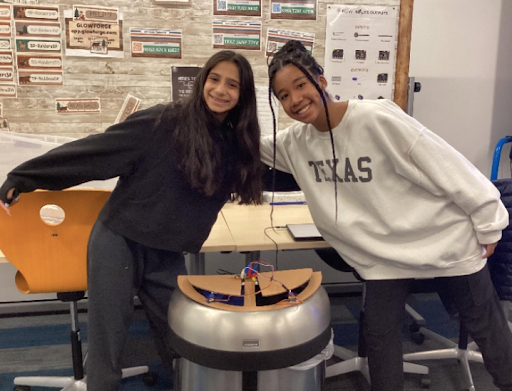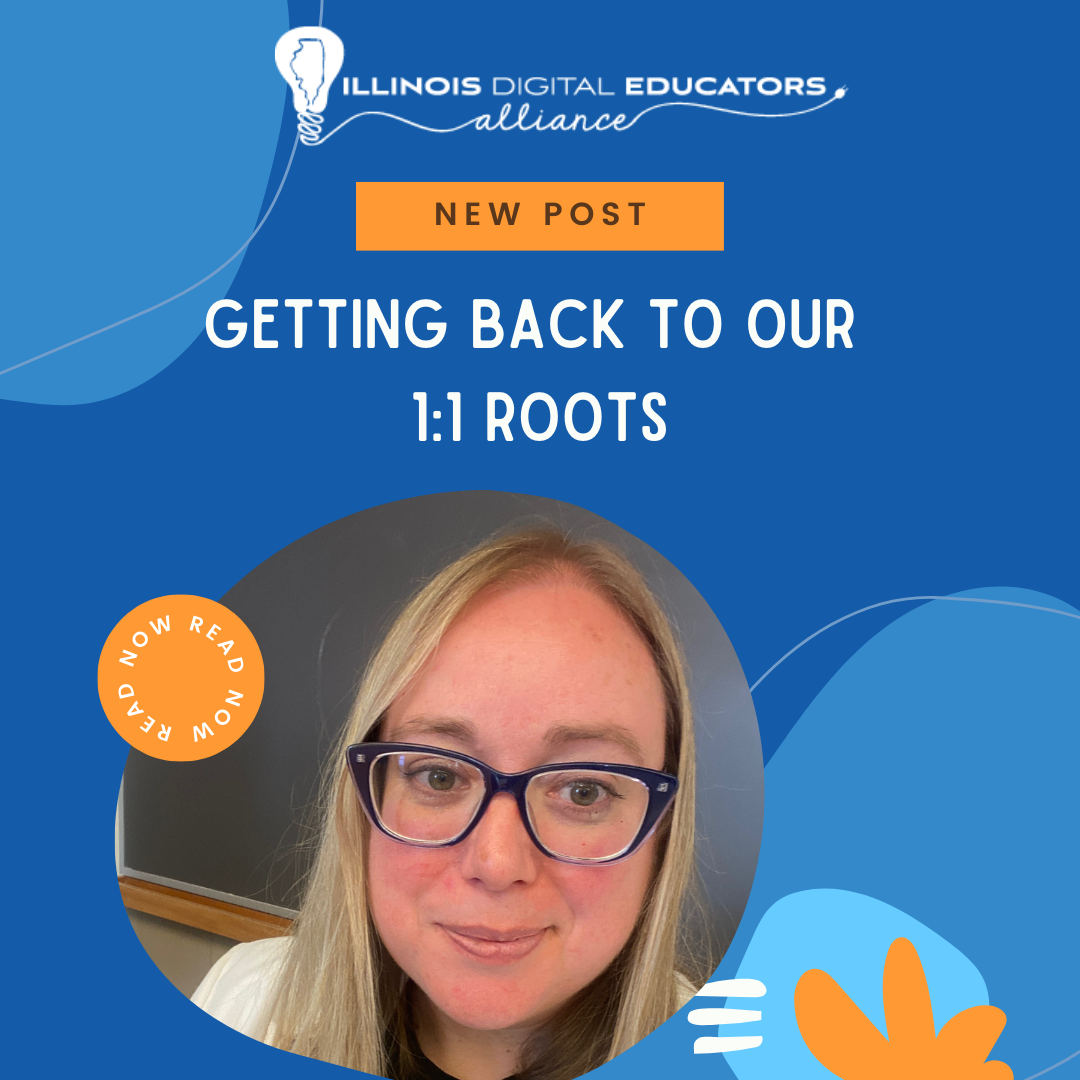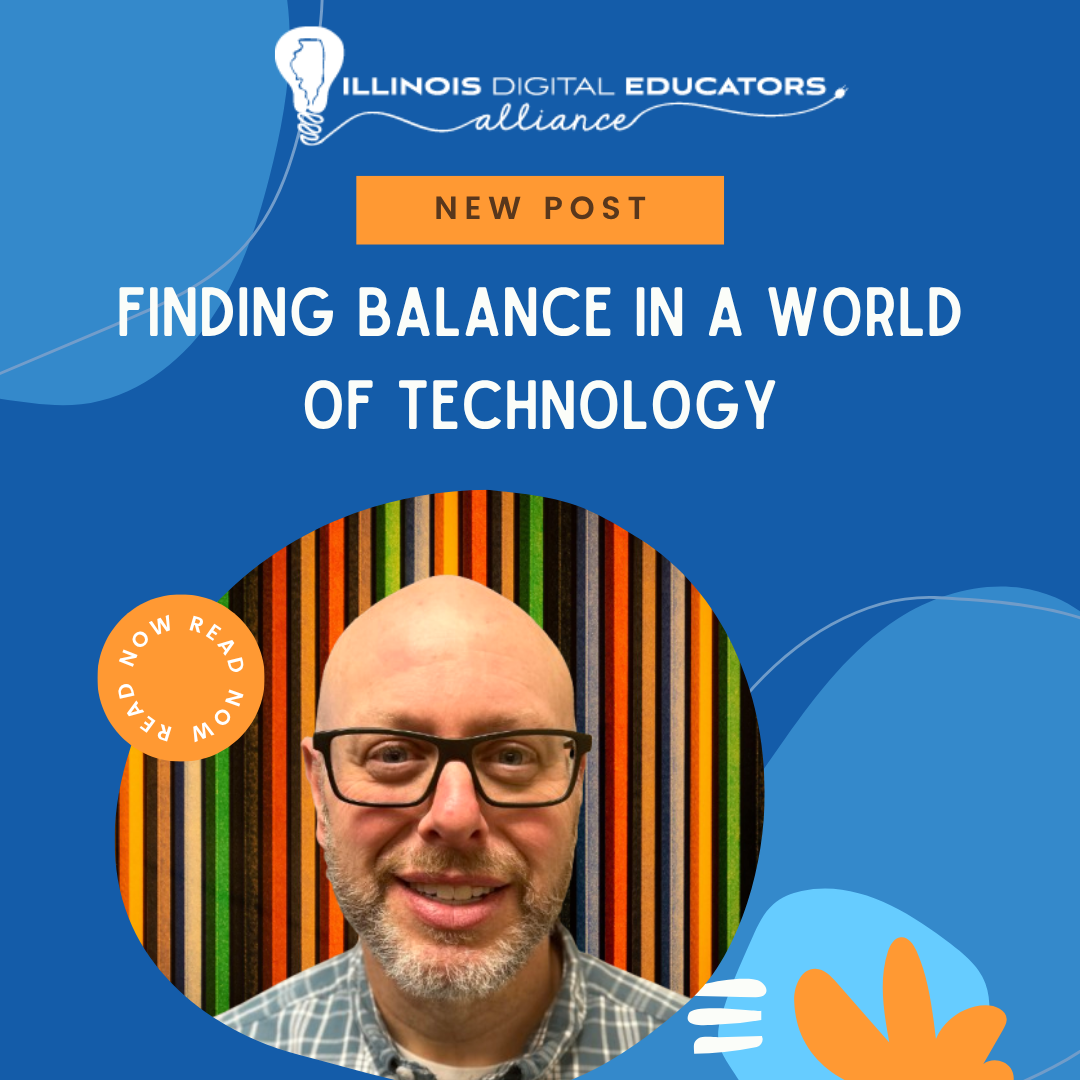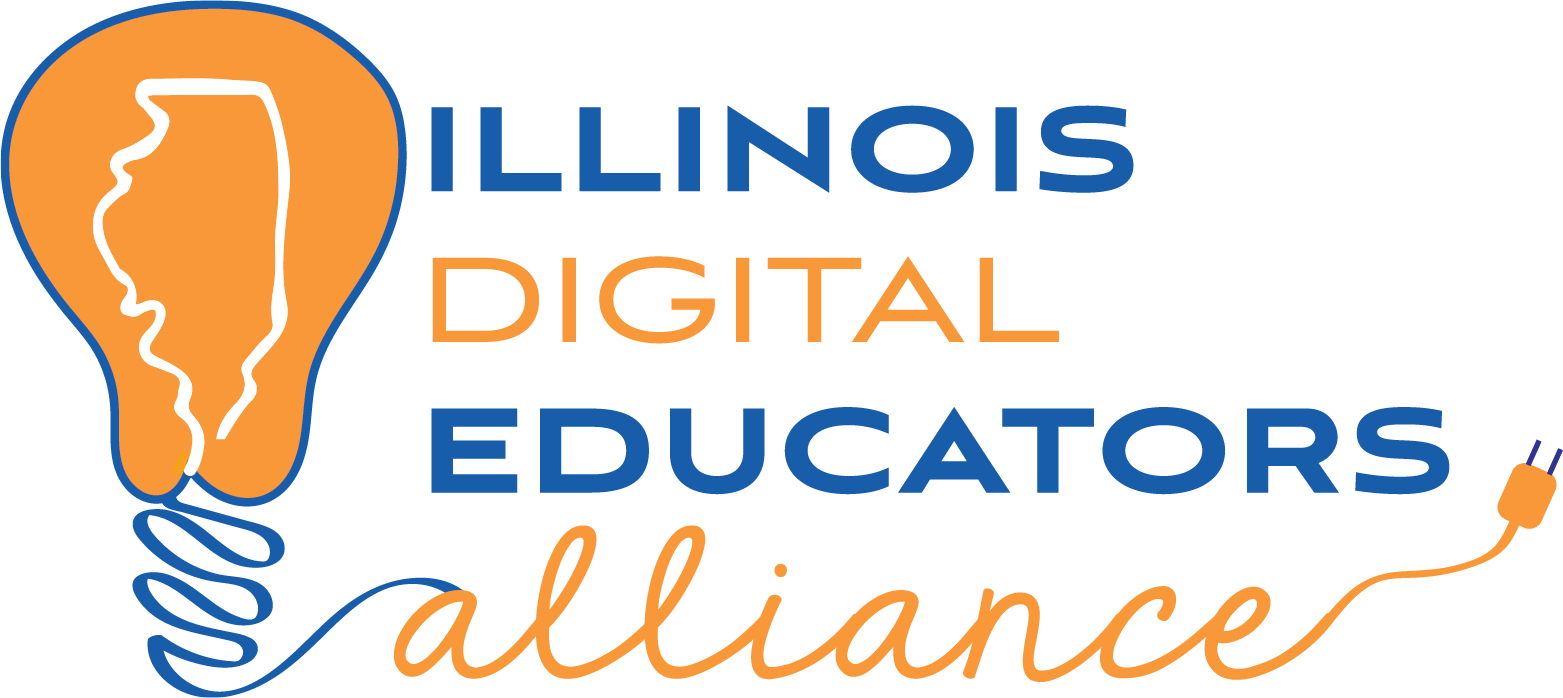Introducing the Illinois Student Invention Convention
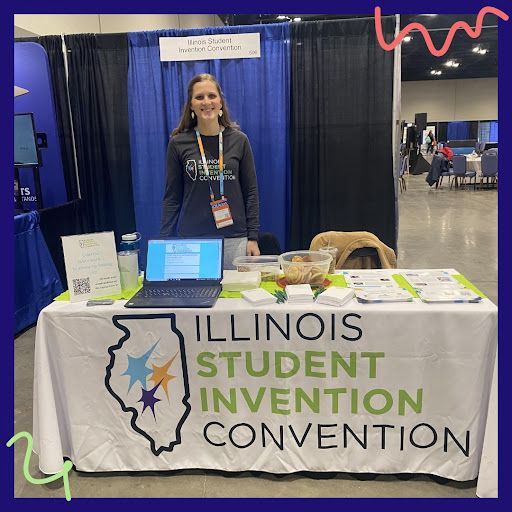
For those of you who missed us at this year’s IDEAcon, we are the Illinois Student Invention Convention – a FREE invention education curriculum and competition that is now available to K-8th grade classrooms across the state.
Our Program
For the past 11 years, we have been known as the Chicago Student Invention Convention – the city's largest program focused on K-8th grade student-led invention prototypes. We have served over 22,000 students since our inception, and starting this school year (2023-2024), we are now expanding to become the Illinois Student Invention Convention.
This marks the first time that K-8 educators and students across Illinois will have access to our free invention curriculum and competition.
We aim to inspire the next generation of problem-solvers by engaging students early in invention, entrepreneurial, and STEM learning. We do this by providing K-8th grade students and teachers with curriculum, mentorship, and competition opportunities.
All educators who
register on our site and attend a training gain access to the following:
- Curriculum – Differentiated K-8 lesson plans that teach students about the invention process. The curriculum, which is both NGSS and Common Core aligned, culminates in students picking a problem they care about and then supports them in creating an original invention that addresses this problem. The curriculum can be adapted to fit your context; however, most classrooms and afterschool programs spend 10-12 weeks (meeting once or twice a week) to complete the curriculum and their projects.
- Resources & mentorship – Professional development on curriculum implementation and access to industry professional mentors who can provide students feedback on their ideas and prototypes.
- Competition - All participating educators can send a top percentage of their students to take place in the first statewide competition on April 6, 2024. The competition judging takes place virtually followed by an in-person event for winners. Past student winners have earned awards at the national level, been paired with mentors, had the opportunity to earn patents, and have had additional prototypes of their inventions made.
Get Involved
To learn how to bring the program to your classroom or school, register here for one of our FREE summer or fall training sessions. In-person training will be offered over the summer for educators in/near Peoria (Tues. July 25), Chicagoland (Wed. Aug 2nd) and Springfield (Wed. Aug 9th). All educators will be able to earn PDHs. Condensed, virtual trainings are also available late August - September.
Get Inspired
We have found that when students pick a problem that is relevant to them, they are motivated to persevere through the invention process. Our past winners have tackled all kinds of problems in many different ways.
Students address the everyday problems they encounter at school.
One student wanted to eliminate bad odors from his lunchbox, another pair of students wanted to extend the lifespan of short pencils with no more erasers, and another group wanted to create a solution that would prevent students from overwatering the classroom plants.
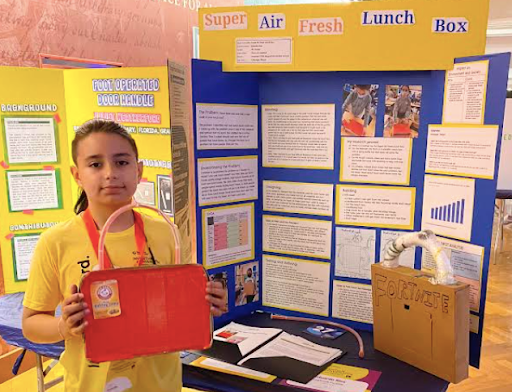
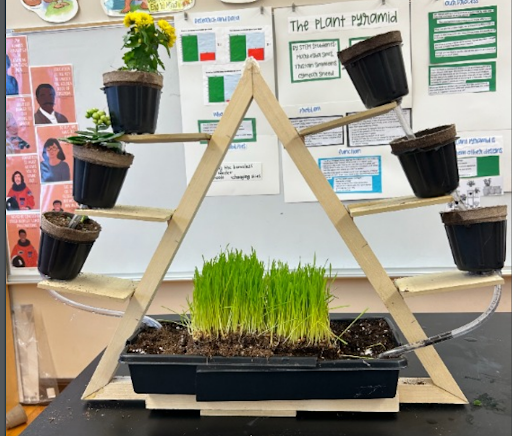
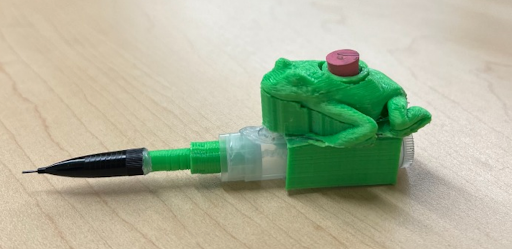
Students point out the limitations of what currently exists. Frustrated by the lack of pockets in most women’s clothing, teams of female inventors found new solutions.The inventors of Sneaks 2.0 saw an opportunity for a new way to store your belongings. The inventors of the MagnaPocket created attachable magnetic pockets that can be matched to your outfits.
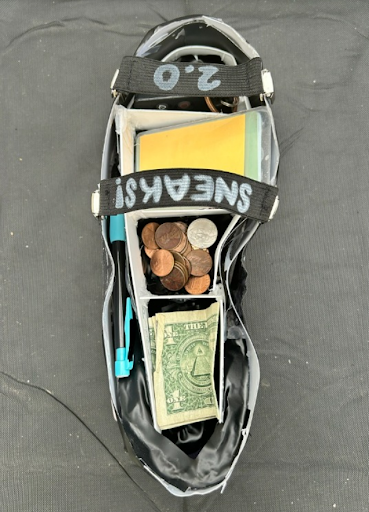
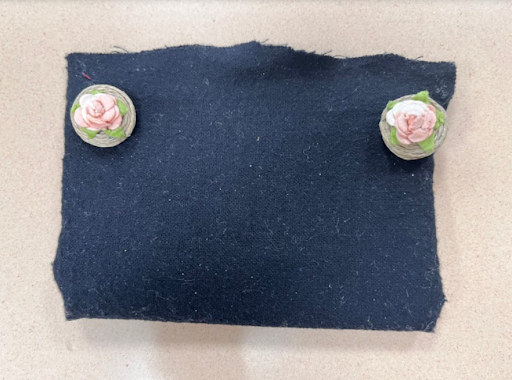
Students pursue problems that affect both our local and global community. The Smart Recycler reduces what lands up in landfills by recognizing what is recyclable and what is not. Ambrosia Auto is a prototype of a self-watering car garden that could be programmed to serve communities in food deserts.
What problems might your students choose to dive into and propose a new solution for? How might you help them become adept problem finders and problem solvers? Learn all of this and more by signing up to participate in the inaugural Illinois Student Invention Convention!
Still have questions? Reach out to Program Manager Nicole Rodriguez at
nicole@chicagoinnovation.com or by scheduling time for a brief meeting
via Calendly.
Bio:
Nicole Rodriguez is the program manager of the Illinois Student Invention Convention. She believes that experiences like the invention convention are powerful catalysts for students’ interest in STEAM and for their ability to see themselves as innovators in their community. Because of this, Nicole is excited to bring together educators and local partners across the state to support students in their invention journey. Before joining Chicago Innovation, Nicole served as a classroom teacher, teaching artist, and nonprofit leader managing the implementation of a math tutoring program across six school districts.

